This online resource illustrates teaching practice using the concepts involved with compost.

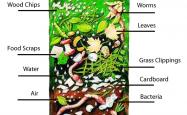
This online resource illustrates teaching practice using the concepts involved with compost.
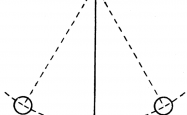
This online resource covers energy transformation and conservation.
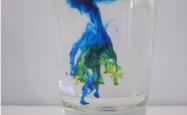
This online resource demonstrates various learning programs for teaching the practical aspects of chemistry to younger students.
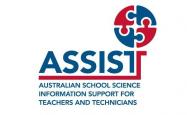
Updated September 2016
This Standard Operating Procedure (SOP) contains a detailed method for how to perform a rat dissection.
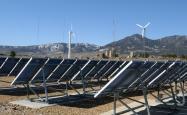
This online resource is an introduction to renewable energy sources.
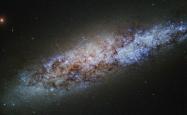
This online resource investigates the scale of the universe.
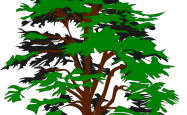
This video by the ABC discusses the germination of seeds.
It that describes and explains the ways in which some seeds develop and grow into plants.
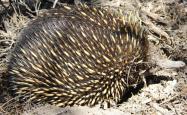
This video by the ABC investigates the echidna.
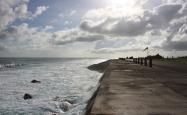
This online resource looks at the consequence of rising sea levels.
The resource is a web page that focuses on the specific problems facing the Pacific island nation of Kirabati.

This CLE covers the concepts of environmental adaptation.